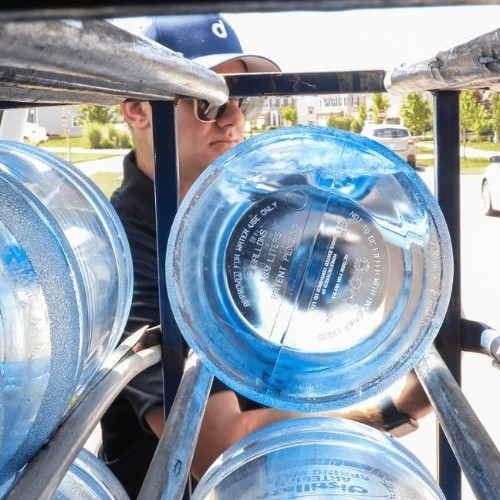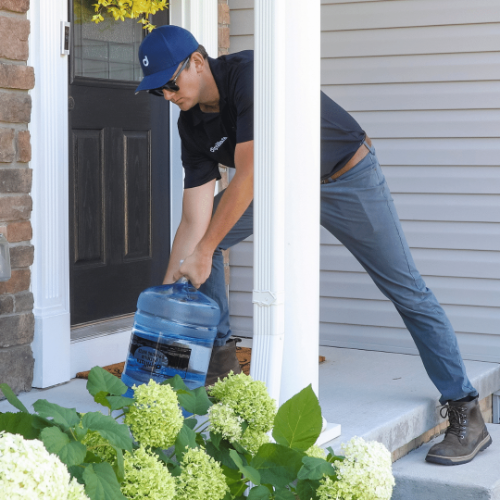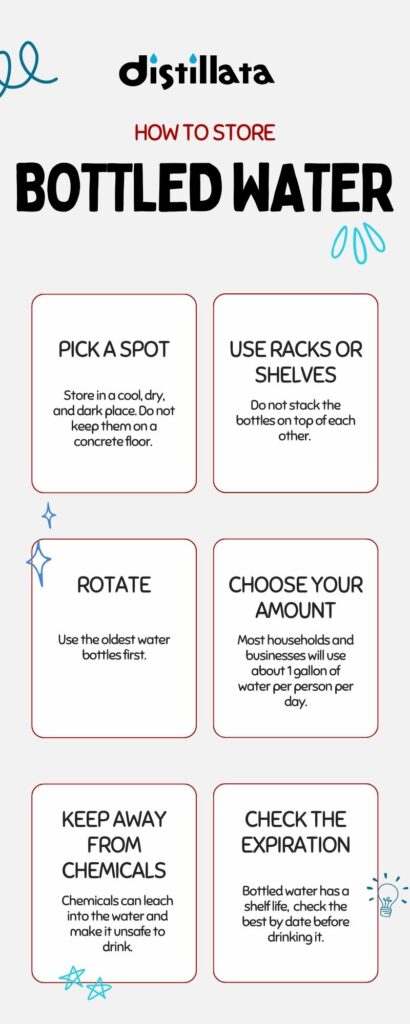Congrats, we serve your area!
Sorry, we do not serve your area. If you believe this is an error please contact us.
We live next to one of the largest fresh water supplies in the world. With Lake Erie in our backyard is easy to take our water supply for granted. But storms and water main breaks can prohibit our municipalities from serving us. During disasters like these, it’s essential to have emergency drinking water on hand.
It is important to stay healthy and hydrated during a crisis. To ensure you will have drinking water – you need a stockpile. You should keep enough on hand to supply everyone in your home or business. Your emergency water supply should remain dedicated to use only in the event of a disaster. Keep in mind, this may range in levels of severity. For those of us with wells, a simple power outage will leave us without water. Hopefully, none of us have to face anything more severe like a tornado.
Don’t know where to start? Follow these tips to plan an emergency drinking water supply for your home or business.

As mentioned above, to determine how much drinking water you need in an emergency you need to know how many people will use the supply and for how long. We suggest at least one gallon per person per day for at least three days. This means, a family of four would need 4 gallons per day for three days or 12 gallons.
An emergency water supply for nursing homes and hospitals can get large and complicated. We offer emergency water agreements to local healthcare facilities. Most are required to have an agreement on hand. Yet, it is still not a guarantee since we may be affected by the same catastrophe. Planning is pivotal in these situations, the CDC guide listed below will help.
Contamination is a concern with water storage. There are two non-negotiable rules. First, always use commercially prepared and packaged water bottles. Second, do not open them before use. You may be tempted to save a few dollars by filling your own bottles or barrels. We recommend against doing this. The water and bottles may contain microorganisms that can make you ill.
Chlorine or boiling the water is not guaranteed to solve this problem. Distillation is a far wiser choice in an emergency situation. Professionally distilled water is processed at high heat until it becomes a vapor. It is then cooled and returns to its original liquid state without contaminants.

Although emergency drinking water does not expire, there is a best-by date. Usually, it is within two years of the production date. You can keep your emergency water that long if stored flawlessly. But, to avoid the chance of contamination, replace your water supply once a year. Also, distilled water is good to keep for emergencies as it can last the longest. Use this chart as a guide on how to store water for emergencies:

There are a variety of sizes to choose from for your emergency water needs:
At Distillata, we understand how important it is to be prepared. We provide high-quality water that keeps you and your family hydrated day-in and day-out, especially when emergency strikes.
Watch this video to see how our delivery service works: